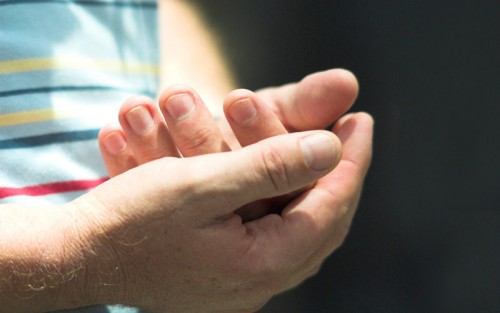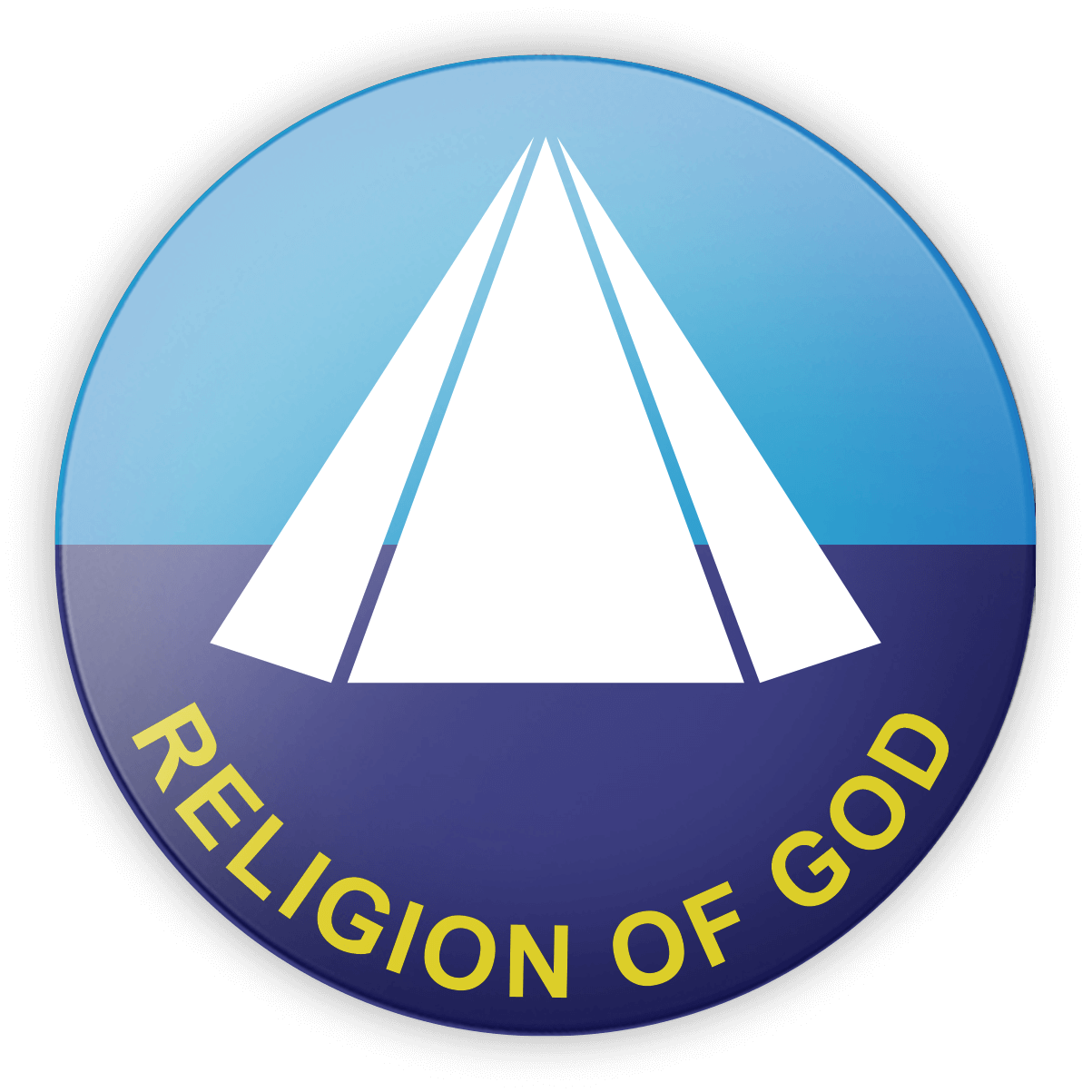Prayer: an act that transforms
How many times throughout our lives do we face serious problems that we cannot reveal even to our closest friend? What to do with them? For many, the answer is in prayer.
In order to express this relation between the Human Being and prayer, the President-Preacher of the Religion of God, of the Christ, and of the Holy Spirit*, Paiva Netto, from his impromptu speeches given decades ago, stated that: “Prayer is not the refuge of cowards or idle men and women. It lifts us up, while work fulfills us”.

+ Read also the articles by Paiva Netto: The power of prayer
And educator Paiva Netto continues, emphasizing the ecumenical feature of this important act: “The Pope prays, the Dalai Lama meditates, Chico Xavier used to pray, the rabbi chant their supplications, Protestants sing their praise to God, the Islamic declaim the Sacred Koran... What is Prayer if not the Love that makes itself available for great feats? An atheist brother when meditating and practicing an act that benefits a community, is also praying. In Crônicas e Entrevistas [Chronicles and Interviews], I wrote that to pray and to meditate are similar to each other. Prayer is not simply a figurative act. It is actually the strongest instrument that the human essence, the Divine Capital, owns. The German monk Thomas a Kempis (1380-1471) once wrote in Imitation of Christ: ‘Sublime is the art of talking with God’”.
Science meets Faith
The act of praying, always present in the most diverse cultures, has become an object of research, and its benefits begin to be confirmed by Science. Dr. Alexis Carrel (1873-1944), the 1912 winner of the Nobel Prize in Physiology or Medicine and the famous author of Man the Unknown, wrote on this subject:
“Prayer is the most powerful form of energy that one can generate. It is a force as real as terrestrial gravity. As a doctor, I have seen sick people that, after all other therapy had failed, lifted out of disease and melancholy by the serene effort of prayer. It is the only power in the world that seems to overcome the so-called laws of nature. Too many people regard prayer as (…) a refuge for weaklings or a childish petition for material things. To conceive it, however, in this manner is to wrongly despise it. (...) ‘No one has ever prayed’, said Emerson (1803-1882), ‘without having learned something’. (...) The deepest source of energy and perfection, and that is within our reach, has been miserably abandoned. (...) If the power of prayer is put into action in the life of men and women; if the spirit declares its aims clearly and boldly, there will be confidence that our yearnings for a better world will not be in vain”.
Prayer that brings nations together

Believing in the importance of prayer and its beneficial effects for life, the Institutions of Good Will (comprised of the Legion of Good Will, the Religion of Fraternal Love and the José de Paiva Netto Foundation), since its inception, in the decade of 1940, incorporated into the Brazilian radio broadcasting programs a pioneering attitude when it conceived its Powerful Ecumenical Chain of Prayers. In his daily broadcastings, the late proclaimer of the Religion of the Third Millennium, radio broadcaster, journalist and Brazilian poet, Alziro Zarur (1914-1979), used to ponder that: “Who is in fact free of any form of suffering? Who doesn’t shed a secret tear?”. People of all religions, nationalities and traditions can take part in this chain of prayers by including the names of their loved ones, family and friends so that they receive the good energies derived from prayer. Before starting its activities, the Institutions of Good Will invites people to observe a minute of silence, followed by an ecumenical prayer; as it also does through its communication networks (Super Good Will Radio Network and Boa Vontade TV), which broadcast a message of peace at the beginning of each full hour.
We dedicate to your heart the prayer brought by writer Paiva Netto from his article Overcoming the suffering of the body and the Soul:
“The Ecumenical Prayer of Jesus
“We therefore dedicate to everyone the admirable supplication that Jesus left us as an invitation to meditate in times of affliction. Anyone can say the Lord’s Prayer. It is not restricted to any single belief. It is a universal prayer, as the Spirit of Christ is also universal. Any person, even an atheist (and why not?!), can say its words without feeling embarrassed. It’s the son speaking to his Father, or it’s the Human Being speaking to its elevated condition as a living creature. It is the quintessential Ecumenical Prayer:
“Our Father (or, as an Atheist Brother would say, oh my conscience that hovers at the height of my ideal!), who is in Heaven (and simultaneously everywhere), hallowed be Your name. Your kingdom (of Justice and Truth) come. Your will be done (preferably over our own will, until we learn to wish correctly) on Earth as in Heaven. Give us today our daily bread (beyond the one that sustains the body, we also need the transubstantial bread which does not perish; the nourishment needed for the Spirit not to weaken). Forgive us our trespasses as we forgive those who trespass against us. And lead us not into temptation and deliver us from evil, for Yours is the Kingdom, and the Power, and the Glory forever and ever. Amen!”
The Religion of God, of the Christ, and of the Holy Spirit considers that prayer must not be an isolated act; it is more of an introspective moment accompanied by good deeds. Alziro Zarur used to say in his radio preaching that man was created in such a manner that he can only be happy by practicing Good deeds. Therefore, the Institutions of Good Will demonstrates its solidarity to the victims of catastrophes around the world. Entire families are in need of clothing and food—which are essential for the survival of the body—, but they are especially in dire need of spiritual assistance, so that they can continue their journey on Earth with faith and hope.
You can also include the name of your beloved ones as well as yours in the Sacred Ecumenical Chain of Prayers in order to receive the feeling of peace and hope that come from the heart of the Ecumenical Christ, the Divine Statesman. To join, simply click here.
____________
* Religion of God, of the Christ, and of the Holy Spirit — also called the Religion of the New Commandment of Jesus, the Religion of the Third Millennium, and the Religion of Universal Love. This is the Ecumenical Religion of Brazil and the world.
Version: Robert Rajabally
Revision: Silvana Bosso



